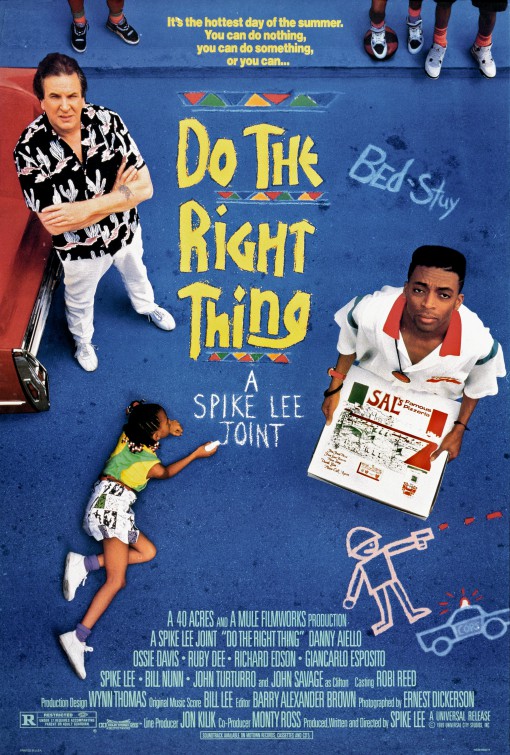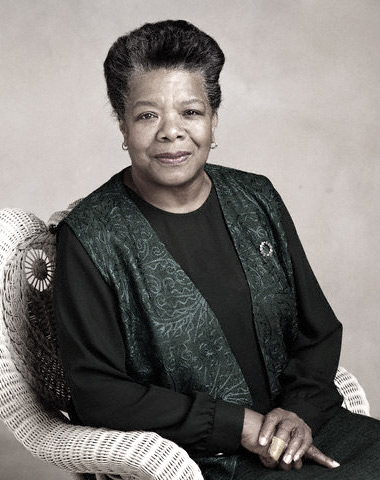Okay now that we've got that out the way....
Good Hair: The Individual and the Lifestyle
In today's age, our hair is a representation of both our individuality as well as our lifestyle in the present. The style changes, the treatments, the methods of care chosen, be those methods self-care all the way to weekly visits and personal stylists are all a matter of choice....but also partially (and in some cases, wholly) influenced by our rather complex psyche over the years, as stated in the last installment.
While the history and the psyche play such large roles on our personal choices for hairdress, the surface of such is depicted upon by the individual and their comfort and suitability with a certain style, method of hairdress or frequency and type of hair care (ie: style = braids, method of hairdress = relaxed, frequency and type of hair care = sole care, biweekly treatments)

As stated in the last installment, in our culture, there's a subliminal message engraved for Black women (and men alike) when it comes to our hair and the consenses over the years has always been "straight is great" and "nappy is unhappy". Depending on the person, those beliefs tend to vary in the true context.
But the Reality of the Situation is.......
Nappy doesn't always equal 'Unhappy'. To some, the "nappy" context is a representation of
 the black struggles and should be glorified proudly as a reminder of how far we as a collective has come, no matter the texture. However, to others, the "nappy" context is but a thorn in their side to show just how different we are, how many MORE struggles we have to get through, going all the way down to our hair, and thus, the attempt to assimilate to be better contestants in the game of Life against our White counterparts is a part of our system that is so engrained we (collectively) don't realize it.
the black struggles and should be glorified proudly as a reminder of how far we as a collective has come, no matter the texture. However, to others, the "nappy" context is but a thorn in their side to show just how different we are, how many MORE struggles we have to get through, going all the way down to our hair, and thus, the attempt to assimilate to be better contestants in the game of Life against our White counterparts is a part of our system that is so engrained we (collectively) don't realize it.Either way...as I said in the first installment, our hair is bigger than......our hair.
And either way, it all boils down to choice (when dealing with the surface of it all).
And speaking of our "competitors"...
I've talked with several White/European coworkers and friends with respect to this topic and just like Chris Rock briefly said on Oprah (no, I still have not seen the movie), in the eyes of Whites, for them, "straight isnt ALWAYS great". Like us, Whites also have a "secret life" when it comes to hair care and just like us, their methodology and reasoning behind their choices of hairdress rests within the aspects of: vanity, individuality, and lifestyle.
I've talked with White women who have complained about the state of their hair and how and why they use the artificial methods of bleaching, coloring and even relaxers (to make their hair curly in opposed to when we use relaxers to make our hair straight--an averse effect, indeed) and while their reasons rests LARGELY in vanity and lifestyle preferences where ours is LARGELY based on history and subliminal psychological complexes and contexts, as one White person said to me, "we all want to change something in ourselves that we don't have; we are always happy, but never satisfied". I agreed.
 Lifestyle shapes an individual, not the other way around...
Lifestyle shapes an individual, not the other way around...In this day and age, women are busy, with many holding full time jobs, homes to upkeep and children to keep in line at all times. The least of many women's worries is our hair as the stress and strains of every day Life tend to take the reins leaving our hair to be of extreme importance but also something that is moreso waning to the side of "what's more convenient for me" rather than, "what do I REALLY want to do with my hair".
On the flip side of it all though, hair, especially Black hair is also very diverse. With so many advancements and means of "looking right at the right [usually expensive] price", many women would opt to go for what's more suitable (and convenient) to their lifestyle rather than the dynamics of "what's more 'Black'" and whathaveyou. And while everyone does what is at a better convenience to them as to allieviate whatever unnecessary stress and strain that they can, the true dynamics of what is "convenient" just so happens to be in direct opposition to what is "socially accepted/liked" in the first place.
So what's MY story?
I am currently going Natural. As I've mentioned several times throughout this series, my Natural state is wavy and not coarse and even when I was getting relaxers, I did not get them but 3 times a year. My reason for the "change" though? Merely preference. For me, it's mainly about versatality than anything else. As a general rule, it takes a lot to keep me stimulated with a lot of the "same" things (and I just can not wait to wrap up this series so I can talk about something else lol), so in regards to my hair, I tend to switch up a lot. In the same vein, I also have complexes with weaves and artificial anything...so I don't engage and have opted to change my actual hair in opposed to wearing wigs or weaves for changes. Because of that, I've worn my hair long (my hair has been characteristically "long" my entire life up until 2008) to a bob to really short (as you see in the right hand corner pic here) to how it is now--growing back and just touching my shoulders (I was going to post pics of myself but got lazy, smh)
Though I have changed my hair over the years and have complexes with wigs and weaves and certainly don't bash anyone that uses them, I am also VERY finicky about what I use and do to my hair. I use NO "new" products--all age-old remedies and even create my own conditioners and treatments. I also do my own hair 98% of the time with trips to the salon only for when I need a trim.
So how am I going Natural?
I went short in 2008 and loved it. After 6 months, though, I got bored and have allowed it to grow back ever since. Long hair is truly what I am accustomed to and I don't see myself cutting my hair really short again, so how am I going Natural?
As stated in the last installment, there are many methods to use other than simply cutting all of your hair off if you decide to go Natural. For me, while I am not relaxing my hair (its been about 6 months already), I am letting whatever relaxer I have left in my hair to grow out and after a stretch of time, I'll cut it off, but by then the relaxer will only be on the ends, so my hair would not be "bald short" when I cut it. Wish me luck.
That's just my story. And it fits my lifestyle which influences me as an individual.










































